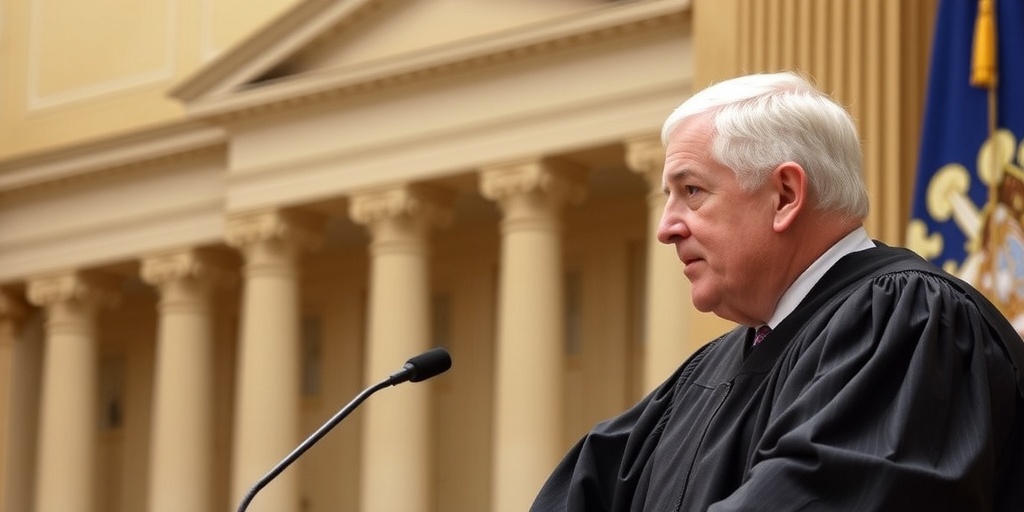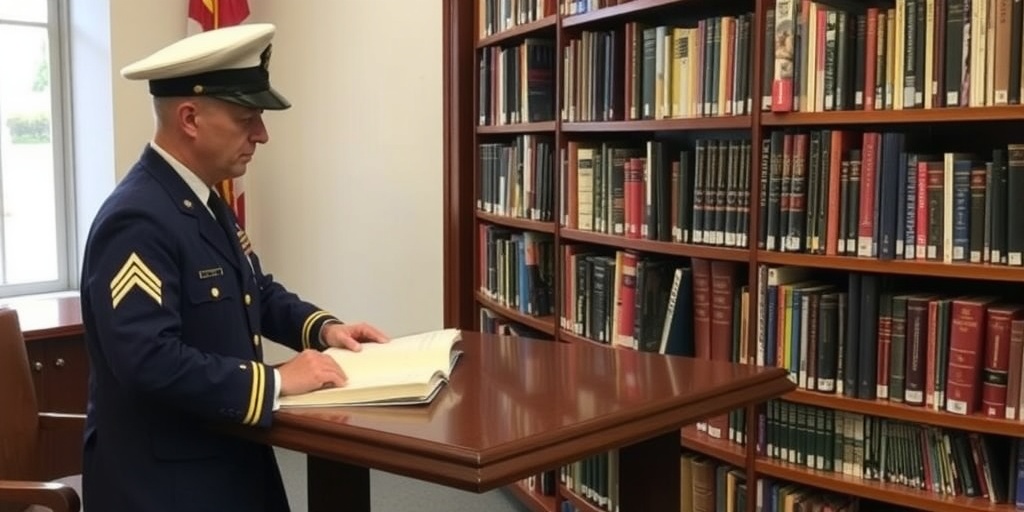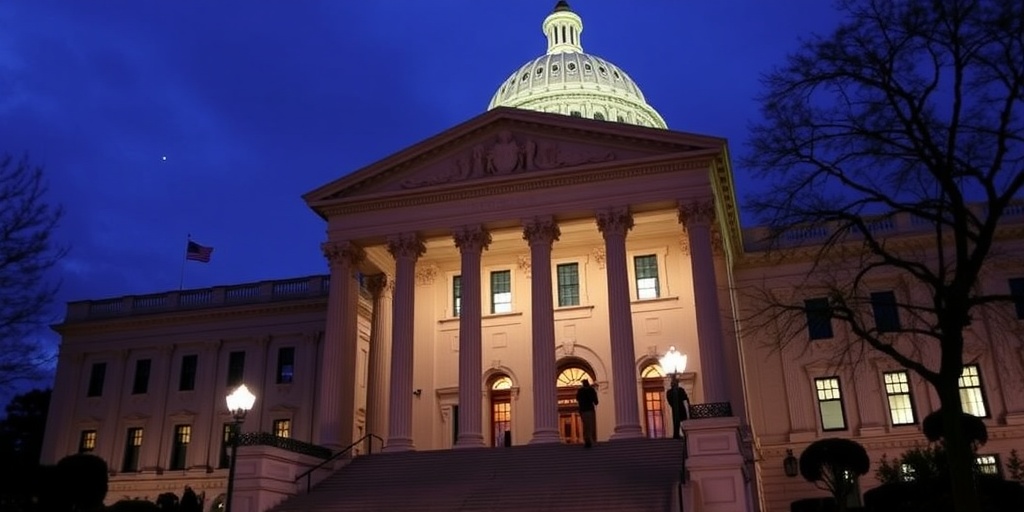Now Reading: Judge Shields NIH from Restricting Medical Research Funding
-
01
Judge Shields NIH from Restricting Medical Research Funding
Judge Shields NIH from Restricting Medical Research Funding

Federal Judge Blocks Trump Administration’s NIH Funding Cuts, Restores Billions in Grants
In a significant legal victory for the scientific and academic community, a federal judge has permanently prohibited the Trump administration from implementing its planned restrictions on funding from the National Institutes of Health (NIH). Judge Angel Kelley of the Federal District Court in Massachusetts issued this ruling on Friday, effectively reversing proposed cuts that threatened billions of dollars in crucial research grants to universities and medical centers across the United States.
This decision not only restores funding but also marks a pivotal moment in the ongoing legal battles against the Trump administration’s policies. The ruling reinforces Judge Kelley’s earlier temporary injunction, solidifying her stance that the proposed funding cuts were harmful to the nation’s scientific infrastructure. Interestingly, the administration itself had requested this permanent ruling earlier on the same day, aiming to expedite an appeal process.
Initially introduced in February, the Trump administration’s plan sought to limit the NIH’s ability to cover indirect costs associated with research grants. These indirect costs include essential expenses such as building maintenance, utility bills, and salaries for support staff. Traditionally, NIH grants could allocate up to 50 percent for these indirect costs, but the new policy aimed to cap funding at just 15 percent. This change raised alarms among researchers and academic leaders, who warned that it could undermine the financial stability of research institutions and cripple American innovation in medical science.
Critics of the administration’s policy argue that the justification for these cuts—claiming it would free up more funds for direct research costs, like salaries and equipment—was disingenuous. They contend that the proposed limits would paradoxically force institutions to shoulder significant additional financial burdens, potentially leading to staff layoffs and scaled-back research projects. During court hearings, lawyers detailed the precarious state of many labs, with ongoing clinical trials and research projects placed in jeopardy due to the potential funding shortfalls.
Judge Kelley has shown a consistent commitment to protecting the integrity of medical research throughout this legal battle. Following her initial decision to block the implementation of the funding cuts, Judge Kelley extended her order multiple times, underscoring the gravity of the situation and its implications for medical research across the country.
The reversal of these funding restrictions arrives amidst broader concerns within the scientific community about additional cutbacks, specifically at the Department of Health and Human Services. The fallout from these cuts has already impacted numerous NIH staff members, leading to worries about diminished support for medical research during a critical period.
Further complicating the issue, a coalition of 16 states recently filed a lawsuit against the Trump administration, alleging that it had withheld not only the indirect cost funding but also critical grants that cover direct research expenses. This action further illustrates the widespread concern that the administration’s financial policies are jeopardizing the continuation of vital research projects, particularly in states with universities and research hospitals heavily reliant on federal funding.
As the administration prepares to appeal Judge Kelley’s ruling, the implications for research funding and scientific progress in the United States remain uncertain. The administration has emphasized that the issues at stake are complex legal matters that it will address in the appellate courts.
This ruling serves as a critical reminder of the importance of federal funding in supporting scientific research and development. As the nation continues to grapple with issues such as public health, disease prevention, and medical innovation, the debate over research funding will undoubtedly continue. The outcome of the expected appeal will be closely watched, as it could set a significant precedent for future funding decisions and the overarching health of American scientific research.
Stay Informed With the Latest & Most Important News
Previous Post
Next Post
-
 01New technology breakthrough has everyone talking right now
01New technology breakthrough has everyone talking right now -
 02Unbelievable life hack everyone needs to try today
02Unbelievable life hack everyone needs to try today -
 03Fascinating discovery found buried deep beneath the ocean
03Fascinating discovery found buried deep beneath the ocean -
 04Man invents genius device that solves everyday problems
04Man invents genius device that solves everyday problems -
 05Shocking discovery that changes what we know forever
05Shocking discovery that changes what we know forever -
 06Internet goes wild over celebrity’s unexpected fashion choice
06Internet goes wild over celebrity’s unexpected fashion choice -
 07Rare animal sighting stuns scientists and wildlife lovers
07Rare animal sighting stuns scientists and wildlife lovers





















